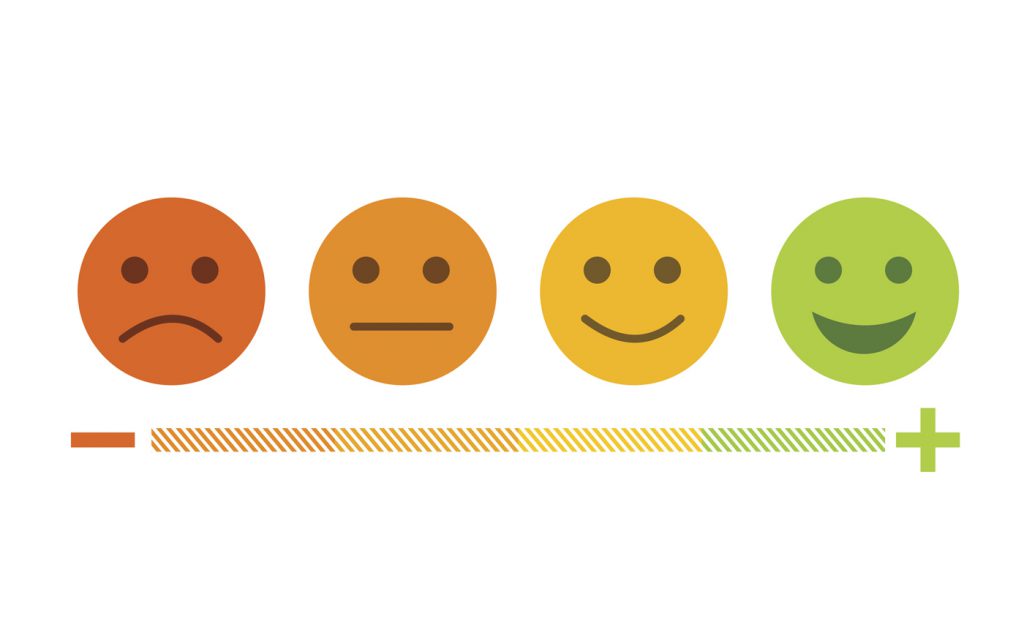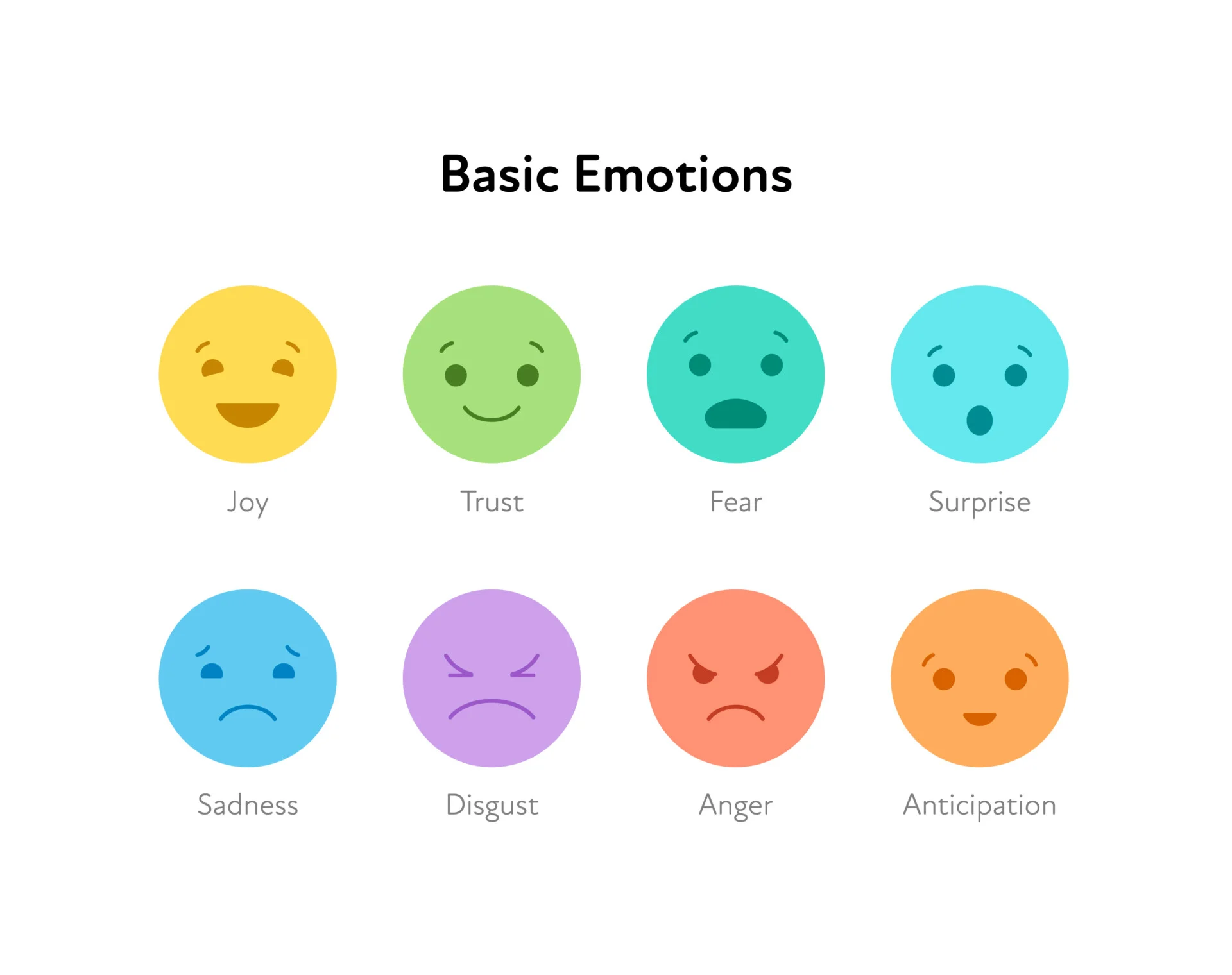Emotions are a natural and healthy part of human life. However, when emotions become overwhelming, they can interfere with our daily lives and affect our mental health.

If you feel like you’re too emotional and struggle to control your feelings, here are some tips on managing your emotions and improving your emotional well-being.
Recognize and accept your emotions
The first step in managing your emotions is to acknowledge and accept them. It’s okay to feel sad, angry, or anxious at times. Instead of suppressing your emotions, allow yourself to experience them. Suppressing emotions can lead to an emotional explosion later on. By recognising and accepting them, you can learn to manage your emotions more effectively.
Identify your trigger
Pay attention to situations or people that trigger your emotions. These triggers can be anything from a particular place, a particular person, a specific event, or a certain time of day. Knowing your triggers can help you anticipate and prepare for emotionally charged situations. Once you’ve identified your triggers, you can begin to work on coping strategies to manage them.
Practice mindfulness
Mindfulness is the practice of being present and fully engaged in the present moment. Focusing on the present can calm your mind and reduce stress and anxiety.

Practicing mindfulness can help you become more aware of your emotions, identify their triggers, and learn how to manage them.
Develop healthy coping strategies
Finding healthy ways to cope with your emotions can be a powerful tool in managing them. Some coping strategies include exercise, journaling, deep breathing, meditation, or talking to a friend or a mental health professional. Find what works best for you and incorporate it into your daily routine.
Seek professional help
If you feel like your emotions are overwhelming and affecting your daily life, seeking professional help can be an excellent option. A mental health professional can provide the tools and techniques to manage your emotions effectively. They can also help you identify any underlying mental health issues that may be contributing to your emotional struggles.

In conclusion, being too emotional can be challenging, but with the right tools and strategies, you can learn to manage your emotions more effectively.
“Emotions are not problems to be solved. They are signals to be interpreted.”
Remember, it’s essential to recognise and accept your emotions, identify your triggers, practice mindfulness, develop healthy coping strategies, and seek professional help if needed.
With time and effort, you can improve your emotional well-being and live a happier and healthier life.
Here is your checklist!
- Introduction:
- Introduce the topic of emotional management.
- Briefly explain why managing emotions is crucial for well-being.
- Outline the main points covered in the article.
- Understanding Emotions:
- Define what emotions are.
- Explain the difference between emotions and feelings.
- Discuss common misconceptions about emotions.
- Identifying Emotions:
- Provide tips on recognising different emotions.
- Discuss the importance of self-awareness in emotional identification.
- Include a section on the physical signs of various emotions.
- Techniques for Managing Emotions:
- Describe various techniques (e.g., deep breathing, mindfulness).
- Explain how these techniques can help in managing emotions.
- Provide step-by-step guides for at least two techniques.
- The Role of Communication
- Discuss how effectively communicating emotions is key.
- Provide tips on expressing emotions healthily.
- Dealing with negative emotions:
- Offer strategies for managing anger, sadness, anxiety, etc.
- Discuss the importance of not suppressing emotions.
- Include advice on when to seek professional help.
- Positive emotions and resilience:
- Discuss the role of positive emotions in emotional health.
- Offer tips on cultivating positivity and resilience.
- Case Studies or Real-life Examples:
- Include one or two anecdotes or case studies.
- Show how real people have successfully managed their emotions.
- Conclusion:
- Summarise the key points of the article.
- Encourage continuous practice and patience in emotional management.
- Provide final thoughts or a call to action for readers.
- References and Further Reading:
- List any references or research used.
- Suggest books, articles, or other resources for further exploration.
- Proofreading and editing:
- Check for grammatical and spelling errors.
- Ensure the flow and clarity of the article.
- Verify all factual information and sources.
- Visuals and Formatting:
- Add relevant images or infographics.
- Ensure the article is formatted for easy reading (e.g., subheadings, bullet points).
In conclusion, navigating the rollercoaster of emotions can feel like riding the waves of the Mediterranean Sea. Just like exploring the diverse flavours of Maltese cuisine, mastering emotional balance requires a pinch of patience, a dash of self-awareness, and a generous serving of humour.
So, whether you’re savouring the sunny vibes of Malta or weathering the stormy moments, remember to sprinkle a little spice of life into your emotional recipe book. Bon appétit to a happier, more emotionally resilient you!














